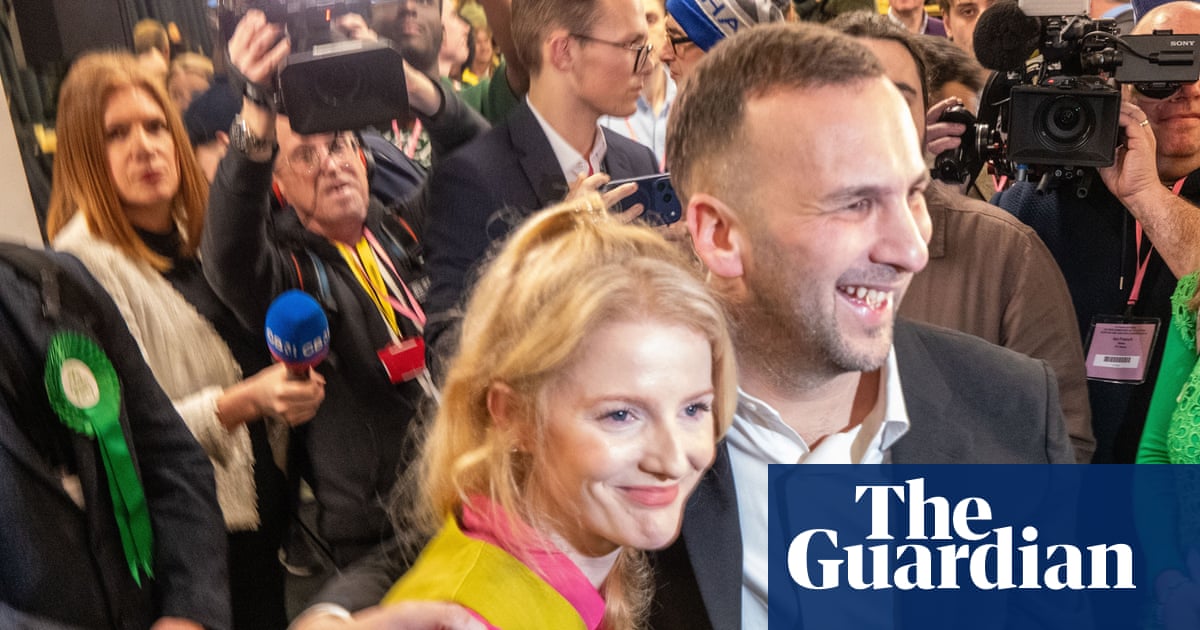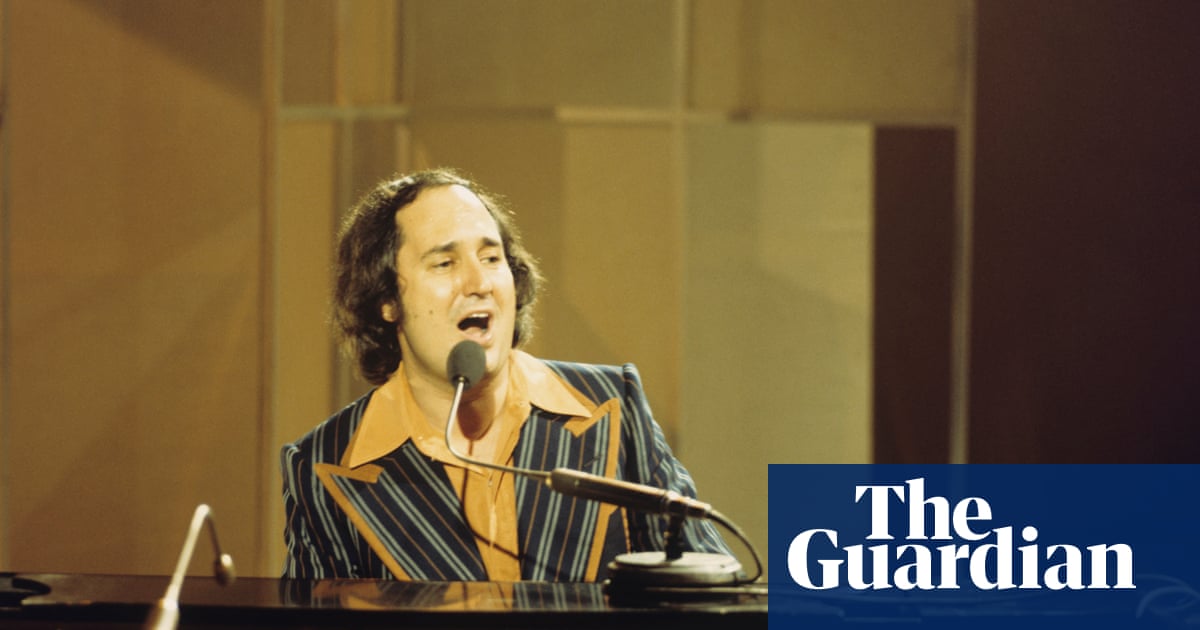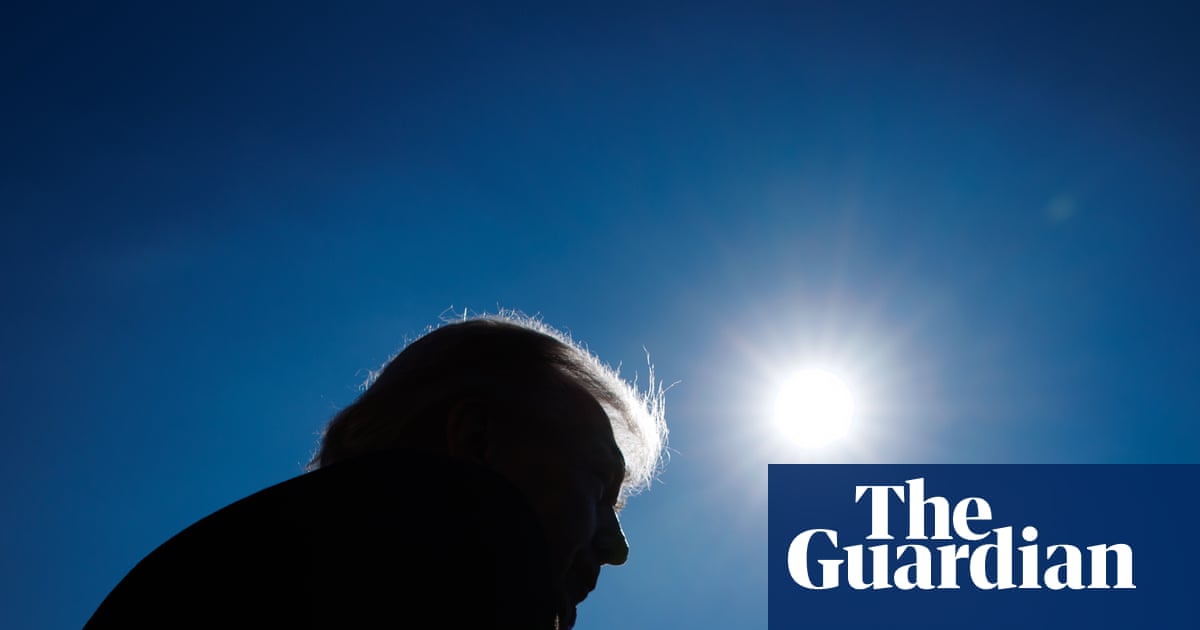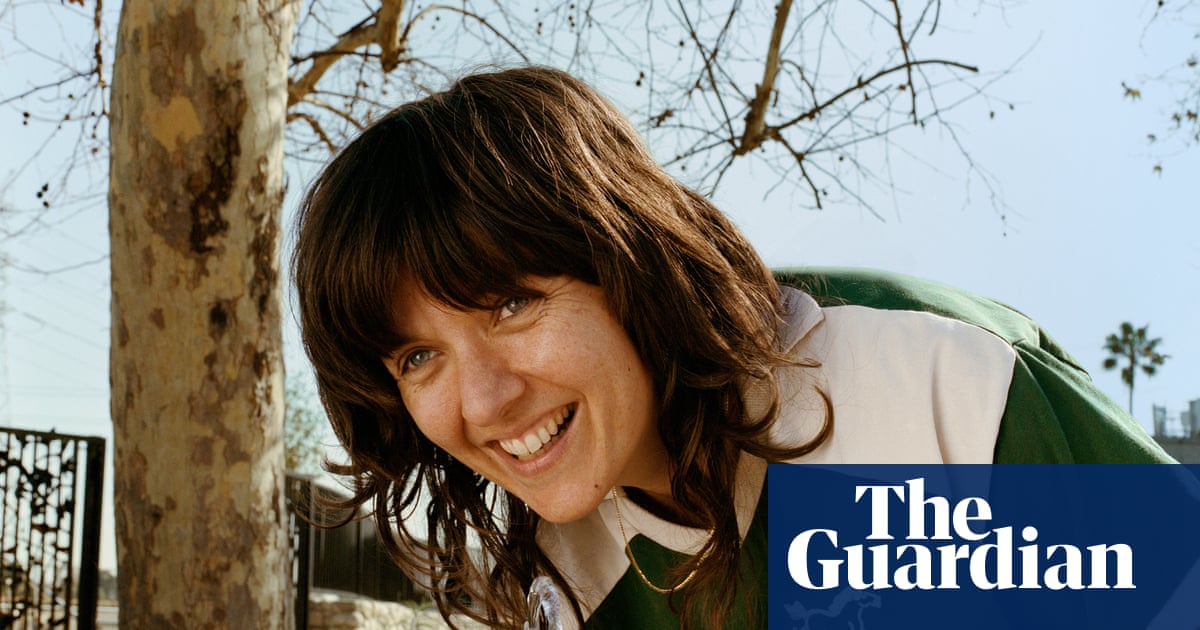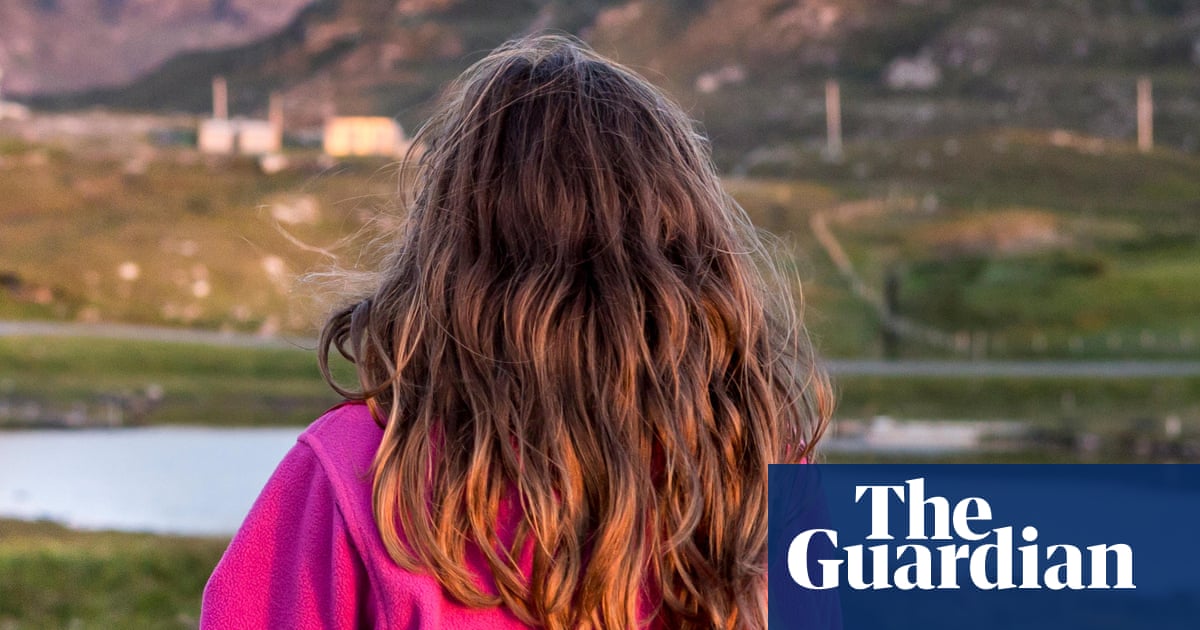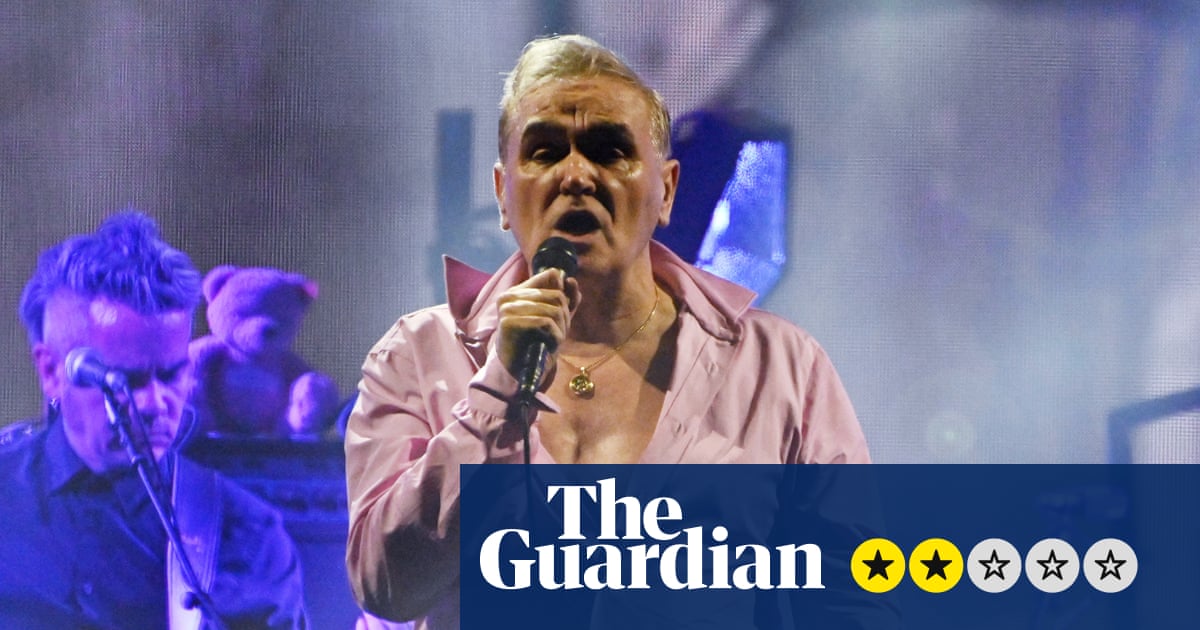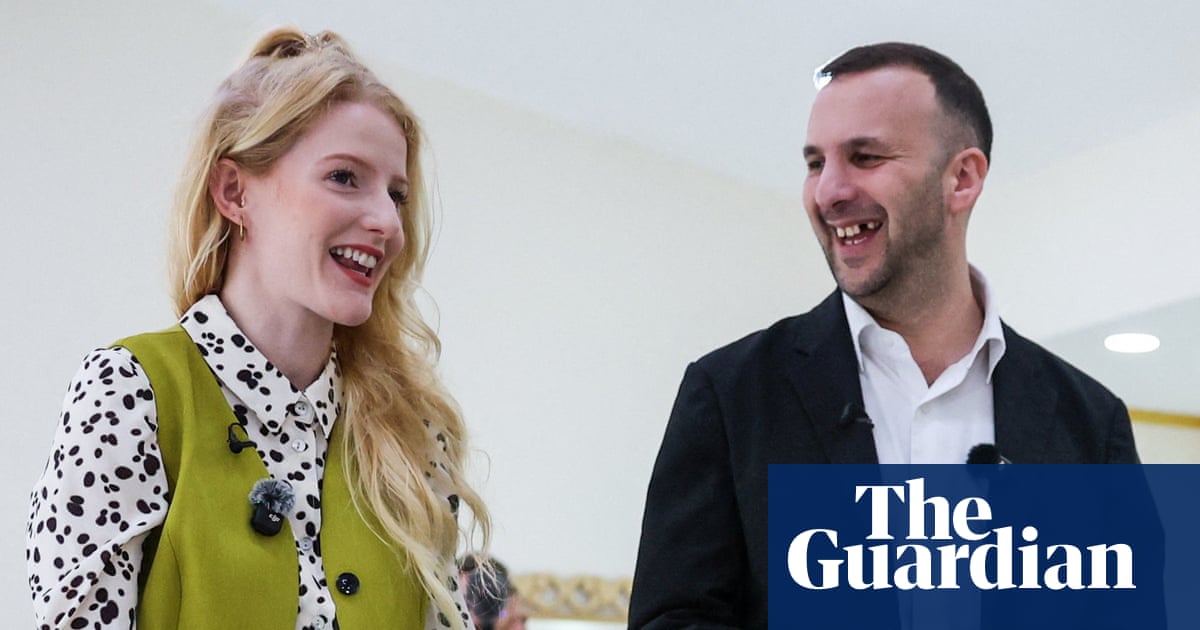David Harewood was the first Black actor to play Othello at the National Theatre in London almost 30 years ago. He reprises the role for the West End now and, after a glossy career mostly on screen in the interim, is one of the most arresting stage actors around. Harewood’s Othello holds your attention with his physical presence and imperial quality, the sniffs, smirks and tics in the lead up to his murderously wounded rage. He is so captivating to the other characters that they are frozen as he tells of meeting Desdemona at the start. He woos them, and us.
Harewood is not the only Black actor on stage, which reflects Venice’s historical cultural mix, and there is not the sense of racial isolation. However, the racist language is still jarring, all the more so perhaps because Tom Morris’s production is modern-dress.
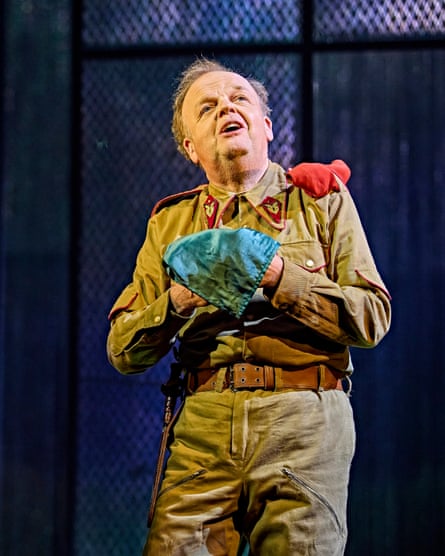
The starry casting is judicious. Toby Jones, never out of fatigues as not-so-honest Iago, fights his battle for domination with a shining relish that borders on the comically conniving. He is best in company, a seemingly unassuming foot-soldier who stands in stark contrast to the man who fulminates and plots in soliloquies downstage, which seem like secrets shared with the audience.
Caitlin FitzGerald, as Desdemona, is a smooth blend of strength and fearfulness, her American accent gargled with Irish, it seems. A surprising slap from her husband is one of the biggest shocks of the play, an awful turning point. Luke Treadaway (who worked with Morris on War Horse) is a paragon of goodness as Cassio, with a blond-haired air of the angelic. Vinette Robinson is marvellous as Desdemona’s maid, Emilia, and the two women’s reflections on the misogyny in their worlds reminds us of Shakespeare’s progressiveness: this is a play about gender as well as race, the wrongs wreaked on women, not only on Othello.
But these are points that are mentioned, rather than built upon. This is every bit a “West End Othello” that is ravishing to look at, immaculately choreographed and darkly humorous. It is pacy and does not probe deeply or seek to connect the play’s manipulations with our era of Trumpian truths and lies (and our own trusting of the wrong people?). There is an impressive clarity of language and events as we hear how doubt against Desdemona’s virtue is first cast by her own father, Brabantio (Peter Guinness), who says “she deceived her father and may thee”, before Iago capitalises on it.
Ti Green’s set laps with beauty, romantic or baleful with every switch of light and sound. PJ Harvey’s music – doomy notes and delicate tingles – adds to it. The opening scene comes with a series of grand gold frames, set against blackness all around so that it looks like characters are errant historical figures that have jumped out of their gilt-edged oil paintings, into the now. It turns modern, with diaphanous screens that gesture at doorways and corners, for whispering, spying and eavesdropping. The papal red of the senators’ gowns prefigures the blood-letting. An iridescent sky streaks across the back, turning red when Othello’s murderous jealousy is unleashed. The colours are bold, silken, glittering.
It’s impressive but you are not always swept in. This is an unanchored Othello, afloat against its shifting shades of sky. That is both its weakness and strength.
-
At Theatre Royal Haymarket, London, until 17 January

.png) 3 months ago
94
3 months ago
94


